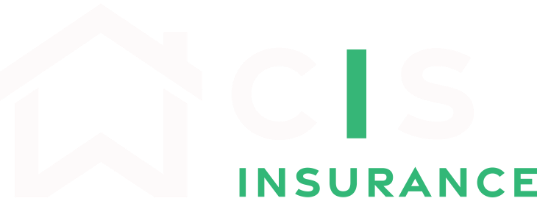It’s Been a Dry Summer!
And as we head into wildfire season this fall, here are a few tips to help your family stay safe and keep your home protected.
A surprising fact: wildfire can happen in almost every state: yes even in Alabama and Mississippi!
While wildfire strikes more frequently in the West, nearly every state has been devastated by fires in the last century. And each year hundreds of homes are destroyed as more people choose to live closer to nature.
Know what your insurance covers and how much you need
Your insurance policy covers repair or rebuilding costs. If you can’t live in your home, Safeco will pay additional living expenses as provided in your policy—typically for up to 12 months. Review your policy for detailed coverage explanations.
It is important that you review your insurance policy once a year to make sure you have enough coverage to rebuild based on current construction costs. We recommend you work with an independent appraiser to get a precise estimate, and make sure you talk to your agent about your building’s unique features.
You can reduce the chance of losing to wildfire
No building is fireproof, but there are steps you can take to better the chances when wildfire strikes.
• Define your defensible space—a 30-foot, non-combustible zone around your home.
• Choose fire-resistant plants and trees.
• Remove or prune low hanging tree branches.
• Cut grass and weeds regularly and keep your roof and yard clean, especially from dry yard debris.
• Stack wood piles or other burnable materials at least 30 feet from your home or other buildings on your property.
• Keep signs and addresses visible so firefighters can easily locate your property.
• Rate your roof—is it fire resistant?
• Recycle yard debris and branches instead of burning.
When a wildfire strikes, protect yourself and your family
If a wildfire starts in your area, monitor local news reports for evacuation procedures. Prepare for evacuation by turning off gas valves and pilot lights, closing all windows and doors and packing your car for quick departure, if there is time and it is safe to do so. Return to a burned area only when local authorities have instructed you to do so.
Stay in Touch!
As your insurance partner, we want to make sure we can contact you and your family in the event of an emergency. In addition to your home address and landline, we’d like to have your e-mail addresses and cell phone numbers on file. You can update your records by calling 800-844-4845 or e-mail insurance [at] cishomeloans [dot] com or request the change right on our website.

Wildfire Prevention
Questions and Answers on Wildfire Prevention
Each year, wildfires claim lives, destroy homes and cause damage totaling hundreds of millions of dollars — or more.
The sad thing is that many of them are preventable, because, according to the National Park Service, many (if not most) wildfires are caused by humans. And even though we’re at the end of another summer, the arrival of fall doesn’t mean we’re out of the woods yet.
So whether you’re going on one last camping trip this year, you live in an area with lots of natural fuel or you’re just planning to burn some yard debris, here are some questions to ask yourself when you’re dealing with fire — anytime of year.
Q: What should I do before I start my fire?
A: First of all, make sure you follow all rules and regulations, whether it’s a campfire or any other kind of blaze — even on a campground barbecue. Don’t start any fire outside of areas deemed appropriate by local authorities. Keep a shovel and a water source nearby, such as a bucket for small fires and a working hose for larger ones.
Q: How can I be sure to keep my fire under control?
A: Again, knowing where you’re allowed to burn and where you aren’t is crucial. Clear any excess flammable material from the area so the fire doesn’t spread. And keep an eye on the weather forecast, too. Depending on certain factors, such as wind, it might not be a good idea to have a fire at all.
Q: What about putting my fire out?
A: Remember, if it’s too hot to touch, it’s too hot to leave, so make sure your fire is completely out before leaving the area. Pour lots of water on it to drown all embers, then stir and make sure everything is wet and cool to the touch. If you don’t have water, use dirt, but don’t bury the fire because it will continue to smolder. Mix dirt and sand with the embers and continue to stir.
Q: I don’t want to start a fire. How can I make sure I don’t?
A: Using a little common sense can play a big part in preventing wildfires. Don’t discard burning cigarettes or matches improperly, and be careful where you park your vehicles — heat from exhaust can ignite dry grass. Never use fireworks in an unapproved manner or area. And always keep an eye on your surroundings.
If you see an unattended or out-of-control fire, call 911 or the local fire department immediately. We all have a role to play in preventing wildfires!

